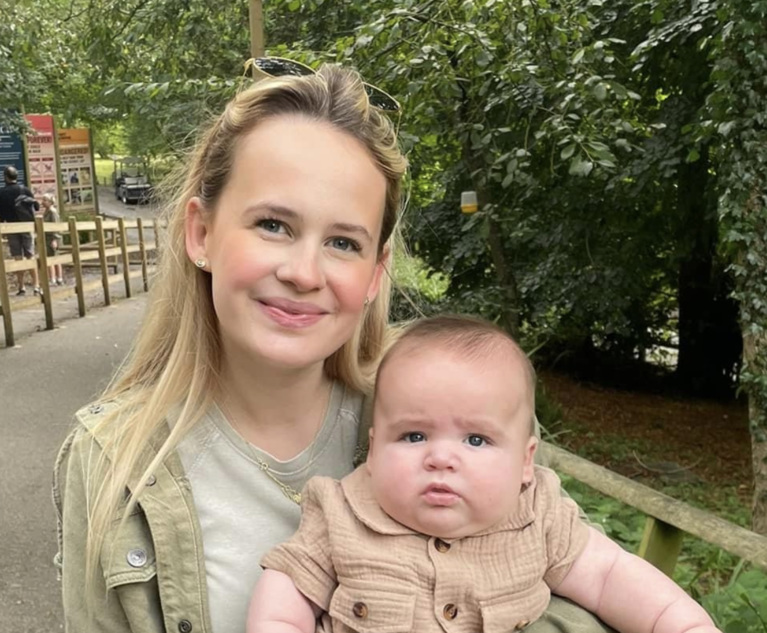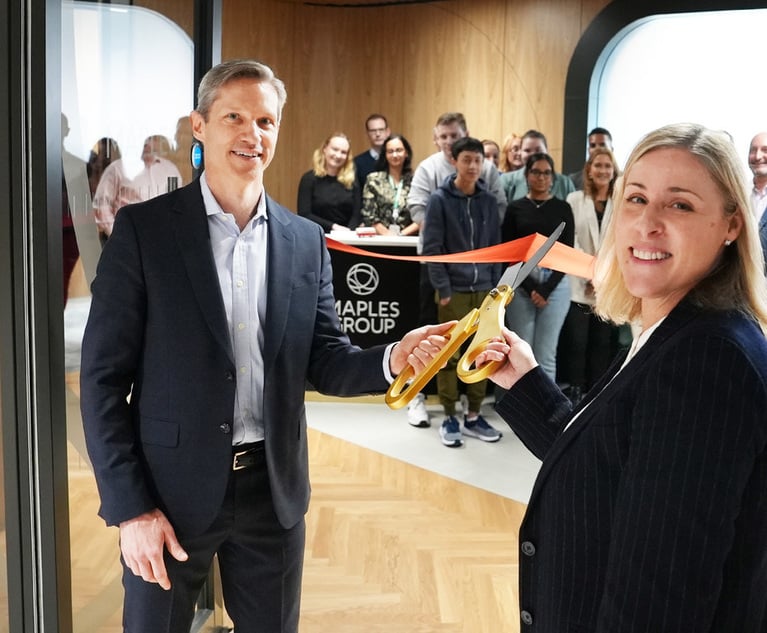The latest Alan Milburn report on social mobility has produced a little backslapping in legal circles, primarily because of this judgment: “Professions are undertaking more activity in order to improve but results are mixed: law leads medicine, media, politics and finance.”
That judgment is based on the following:
“12. The regulators of the legal sector – the Bar Standards Board (BSB), the Solicitors Regulation Authority (SRA) and the Chartered Institute of Legal Executives (CILEx) – have continued to be key advocates in driving progress by supporting and encouraging chambers and law firms to implement change quickly. The Legal Education and Training Review (LETR) – a joint project of the regulators – has now reported, providing a review of education and training requirements of legal services in England and Wales and making a series of recommendations in areas relevant to social mobility, such as entry routes to law.
“13. On school activity, lawyers continue to seek to raise the profile of the profession through a wide range of activities with children who may not otherwise have access to the profession. Run by the Citizenship Foundation, Lawyers in Schools places legal professionals in the classroom to help young people to understand the law and to break down preconceptions. The Bar National Mock Trial Competition continues to involve over 2,000 students, 300 barristers and advocates, and 90 judges from across the United Kingdom. The Bar Council also runs several activities, including annual career days that are held around the country in Leeds, Cardiff, Birmingham and Liverpool, in addition to London.
“14. On work experience, PRIME has continued to expand, with 80 law firms now signed up to the commitment, and the Commission notes that most firms taking part have being offering high-quality placements, including post-placement contact and support. PRIME has also acted as a useful model of collaboration for other sectors, such as medicine and accountancy, with both of these considering a similar scheme for young people interested in their respective professions. The Bar is continuing to offer work experience to disadvantaged students of both school and university age. The Pegasus Access Scheme offers mini-pupillages at the Bar to high-achieving undergraduate students from disadvantaged backgrounds. The Honourable Society of the Middle Temple runs a scheme for undergraduates from disadvantaged socioeconomic backgrounds, placing them in chambers for one week, and shadowing a judge for another week.
“15. On selection procedures, the Bar Council has produced a Fair Recruitment Guide as a resource for chambers. The BSB’s new Code of Conduct rules require interview panel members to have bias training to support fair recruitment, and include a monitoring toolkit for chambers to use. The Law Society intends to identify good practice in recruitment, which excludes, for example, practices such as using UCAS points to screen out candidates.
“16. On flexible entry routes, CILEx continues to provide an important pathway to qualification as a lawyer for those who have not been to university. New developments include the Level 4 Apprenticeship in Legal Services, which has been available since May 2013, and the announcement by BPP Law School that from 2014 it intends to run a degree-level apprenticeship for solicitors, combining work and study. The legal sector is also collecting socioeconomic data on its workforce, although this has not yet been widely published.”








